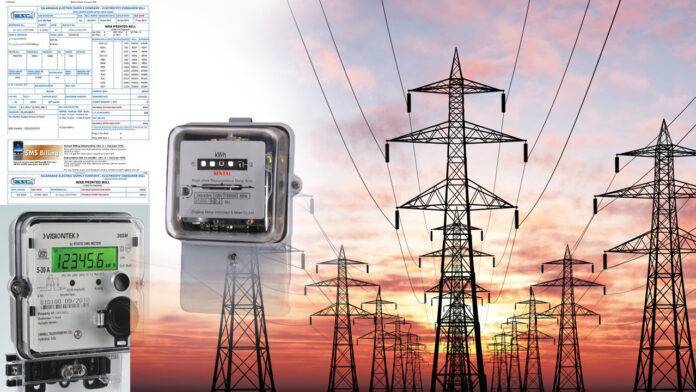In a landmark diplomatic turn, Britain, Canada, Australia, and later Portugal formally recognized Palestine as a sovereign state on Sunday, marking the most significant endorsement of Palestinian statehood by Western powers in decades. The move, coordinated with France ahead of a likely declaration at the United Nations, represents a break with the United States and signals growing international frustration over Israel’s ongoing war in Gaza.
The announcements by Prime Ministers Keir Starmer, Mark Carney, and Anthony Albanese came in rapid succession, underscoring coordinated resolve. Starmer, under mounting pressure from his Labour Party and massive public demonstrations, declared that Britain could no longer stand by as Israel expanded military operations in Gaza. He stressed that recognition was not a reward for Hamas, but rather a step toward reviving a two-state solution.
Israel’s response was immediate and scathing. Prime Minister Benjamin Netanyahu dismissed the recognition as “a huge reward to terror,” vowing retaliation and warning that no Palestinian state would ever be established. His defiant tone highlighted how isolated Israel now appears as more than 140 countries already recognize Palestinian statehood, with Western allies now joining that bloc.
Britain’s recognition carries historic weight. Having once administered the territory under a League of Nations mandate and issued the infamous Balfour Declaration, London’s shift was seen as a belated acknowledgment of its moral responsibility. Protesters have filled British streets for months, urging the government to act against Israel’s blockade and bombardment, which Gaza health officials say has killed over 65,000 Palestinians, mostly women and children.
The Palestinian Authority hailed the announcements as a vital step, while Hamas said recognition must be backed by practical measures that halt the Gaza war and confront annexation plans in the West Bank. Palestinian representatives in London prepared to raise their flag as an official embassy symbol for the first time.
Despite the symbolic power of recognition, analysts cautioned that its impact would remain limited unless followed by sanctions, arms restrictions, or trade measures against Israel. The United States continues to block Palestinian statehood at the U.N. Security Council and vetoed, for the sixth time, a resolution calling for a Gaza ceasefire. Still, Britain, Canada, and Australia’s recognition injects unprecedented momentum into the global movement for Palestinian sovereignty.
For Palestinians, this recognition signals that the question of statehood is no longer frozen in diplomatic stalemate but is instead reshaping the international order. As Diana Buttu, a Palestinian human rights lawyer, noted, the shift transforms the framing of the conflict: it is no longer simply an occupation, but one state denying sovereignty to another — a reality that demands international accountability.















